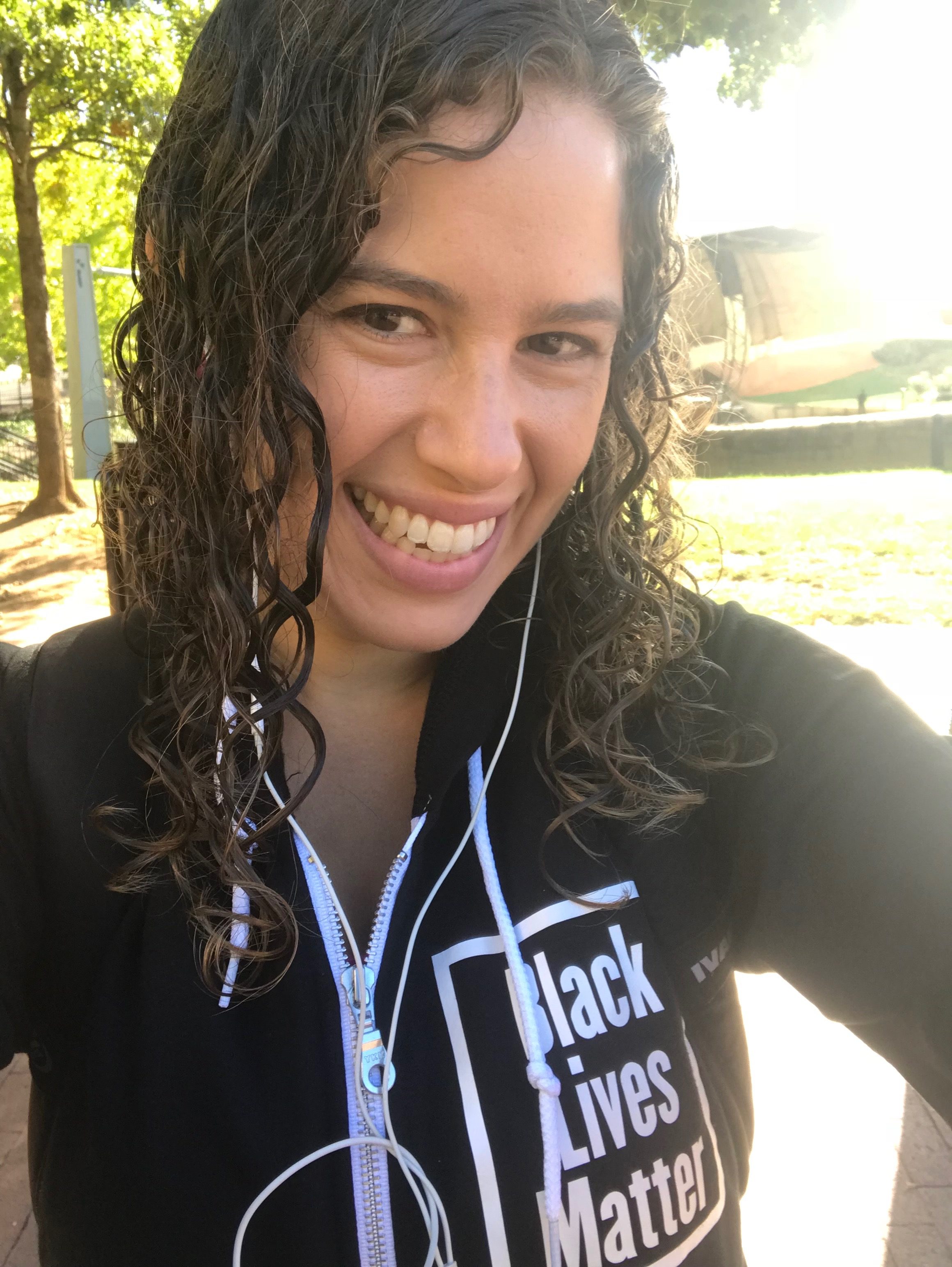This piece was originally posted on May 30, 2017 on the Society for Research on Adolescence Emerging Scholars blog.
However you get your news, I hope you came across the Mama’s Day Bail Out action. It was covered here and here and here and here and more here. It happened in Atlanta and Durham and Brooklyn and Los Angeles and beyond. It started with the leadership of Mary Hooks, a Black lesbian who is the Co-Director of Southerners on New Ground (SONG), organizing LGBTQ folks in the South across race and class lines. SONG is also a member of the Movement for Black Lives Policy Table, a collective of over 50 organizations, several of whom responded to SONG’s call to #FreeBlackMamas. The call was to bail out Black mamas – lesbian, queer, transgender, and gender non-conforming caregivers and mothers who may not have given birth – who would otherwise be in a cell because of their inability to afford and pay bail. Over 100 Black mamas were bailed out, welcomed home, and connected to community resources by Mother’s Day, thanks to organizing efforts across the United States.
Money bail is a practice in which people who are arrested are held in jail unless they can pay a set amount of money, just how much money ranges enormously, and $100 or $100,000 can each be prohibitive for different people in different situations. An average of 700,000 people per day are encaged before trial solely because they cannot pay the amount set for them by the court. And even people who post bail often do so through for-profit bail bond companies, who charge a fee, which means less cash up front but losing the right to get that money back at trial. This is the racialized criminalization and exploitation of poverty. Pre-trial incarceration has catastrophic human impacts.
There are so many thoughts, feelings, and stories I could share about this action, but three things in particular I want to highlight in the context of SRA.
First: freeing Black mamas is directly related to the thriving of Black adolescents. The system of money bail keeps caretakers from their families and communities, puts mothers at risk of losing their jobs or their housing or having their children sent to foster care, causes additional harm and trauma for the person incarcerated, and offers young people a world in which a person without access to cash is denied innocence and can be held in jail before trial, before being convicted of any criminalized activity. The racist system of criminalization and incarceration attacks individuals, families, communities daily. Many people have said this and said it better than I can. Listen to Black women. Listen to Black youth. Learn about the impact of systematic criminalization and incarceration, and about money bail practices in particular.
Second: what really moves me about this action is its URGENCY and its specificity. As researchers, we play the long game. We invest years of time and resources in grant writing, background reading, data collection, data analysis, paper writing, peer review, and publication… and then barely leave time for translation, dissemination, and application. What the Mama’s Day Bail Out did was address the urgent needs of specific people right now. AND it was organized in such a way as to strategically magnify long-game organizing efforts to end money bail and confront the mass incarceration of Black people.
I want to urge you to action, and I also want to urge you to act with care. Particularly for my fellow White researchers, we rarely (if ever) are going to know how to appropriately and effectively respond to the atrocities of historic and contemporary White supremacist systems. So here’s takeaway number three: Build relationships and invest in community organizing that is led by and accountable to People of Color. Keep your eyes on the Movement for Black Lives Policy Table – know their platform and know the organizations involved. Know the folks who are doing the work in your communities. Build trust, and see what they need. And remember that, as a White person, whether I’m an academic or an activist or a friend or whatever support roles I’m able to play, my opinion on how Black women are working to free themselves and each other is not important. So if you are ready to take action, with care, and ready to see what Black women and mamas and families need from you, then listen. When people tell you what they need, believe them, and do what they say.
I bring you back to the words of Mary Hooks, SONG Co-Director: “Our vision of prison abolition, our vision of a world where people can have dignity and safety and no cages and no prisons, now seems a hundred years away. Even further away. Our people need hope right now. It’s also a way for our people who have realized that we’re in a long, long trajectory of struggle for liberation to embody our vision of the world we’re trying to create right now.”

